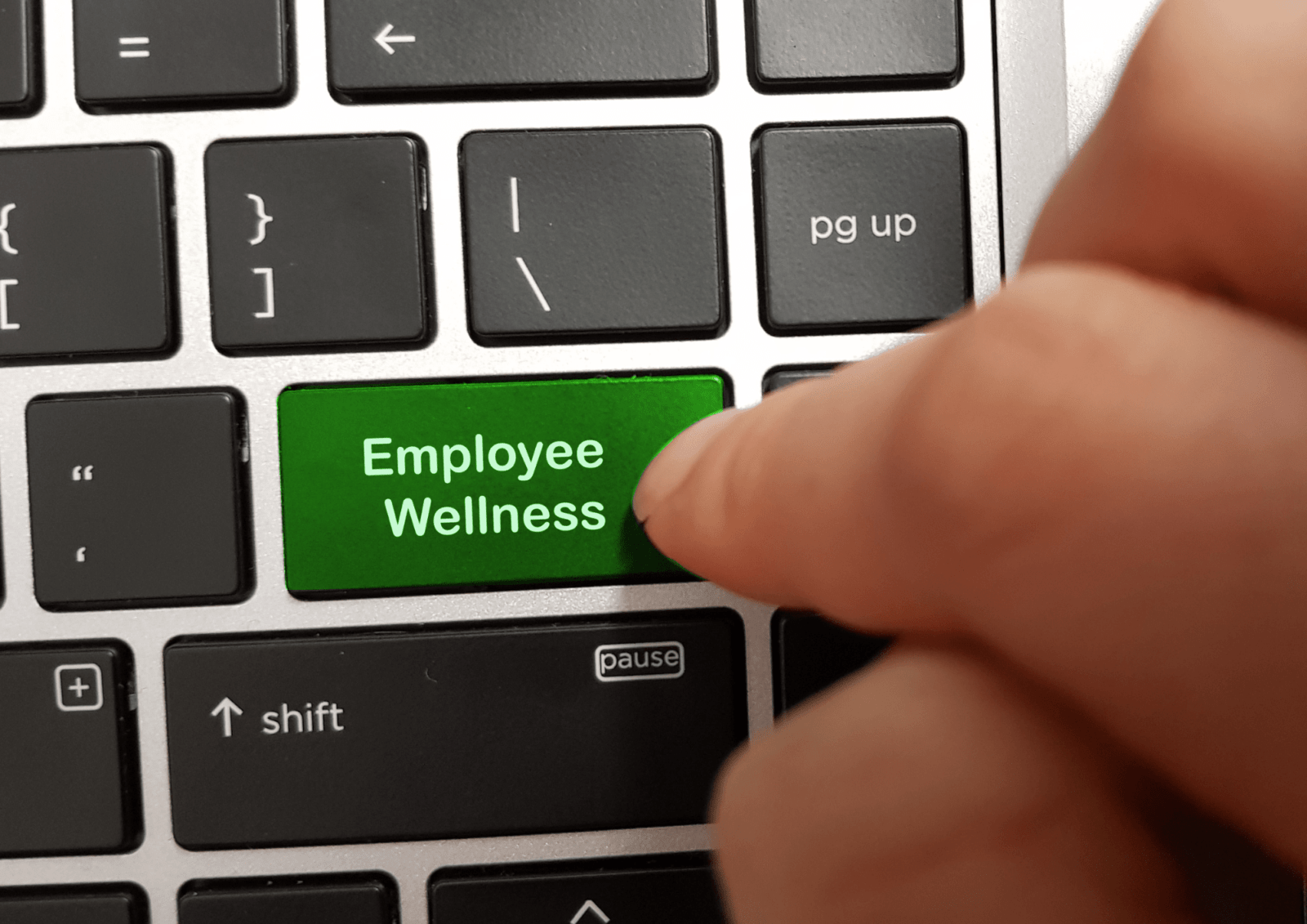Coppice HR
HR NewsWhat HR & Well-being Challenges Are Expected in 2023?

As if the past few years haven’t been challenging enough for both businesses and individuals, it doesn’t seem to be getting much better as we step into a brand new year in 2023.
It can be expected that there will continue to be well-being challenges within HR, but what are they likely to be?
Increasing Cost Of Living Crisis
An increased number of employees are already asking or at least hoping for a pay increase to make it easier to navigate increased prices in the general cost of living.
Your company may be in a fortunate position to be able to support employees with their wishes for a pay increase, however, this is not always viable. Whilst employees may be struggling with the cost of living, it is also something that may well impact your business too.
If you are not in a position to grant pay rises for your employees, you may start to experience problems with employees’ work ethic deteriorating and worst case scenario, you may lose some of your top talents to competitors that pay staff a higher wage.
Company Action Point: Consider measures to help employees with increasing costs. Flexibility in working hours to reduce peak time commuting costs or working from home. A one-off hardship payment could be considered for those who are really struggling and this does not put pressure on the company’s salary bill long-term.
Long-Term Employee Health
Employee health should always be a high priority for employers to ensure that they are making suitable arrangements where possible to support employees with their mental or physical health.
With the impact of COVID-19, it is reported that over three-quarters of UK workers (78%) have experienced long COVID impacting their health. This is something that business owners have never had to deal with before but in more recent years something they’ve had to adapt to.
Since COVID-19 and many other illnesses are not eradicated, this is something that employers will have to continue dealing with in 2023.
Readers Also Liked: ‘Making Reasonable Adjustments To Support Employee Mental Health’
Company Action Point: Above all talking to employees is crucial and training on how to help colleagues with poor mental health can help provide strategies. Recognised and visible mental health first-aiders could be a great resource and it will also allow for professional development for those taking the qualification.
Increase In Flexible Working Requests
The movement towards increased flexibility with working hours is nothing new and has long been a desired selling point for employees when choosing an employer. 98% of people consider work-life balance as important, but over one-third admit they don’t experience the balance they desire.
There are two key components of flexible working that most employees desire:
- Flexible Hours – Switching out the 9-5 allows employees to work around their home life e.g. attending appointments, arranging childcare, working similar hours to their partner etc.
- Location Freedom – Should your employee have to be home for child-care reasons, they can do so without the worry of having to make up hours at work. If they wish to work from a beach hut in Cornwall, so be it.
Related Article: ‘Importance Of Flexible Working For Employee Work-Life Balance’
Company Action Point: Employees who have at least 26 weeks of continuous service with their employer have the right to make a statutory request to work flexibly, such as changes to hours, times or place of work. In return, the employer must deal with such requests in a “reasonable manner” and notify the employee of its decision within a specified time frame. Employers should note that the employee can only make one flexible working request every 365 days.
If you need ongoing support with employee wellbeing, get in contact with us by emailing paul@coppicehr.com.